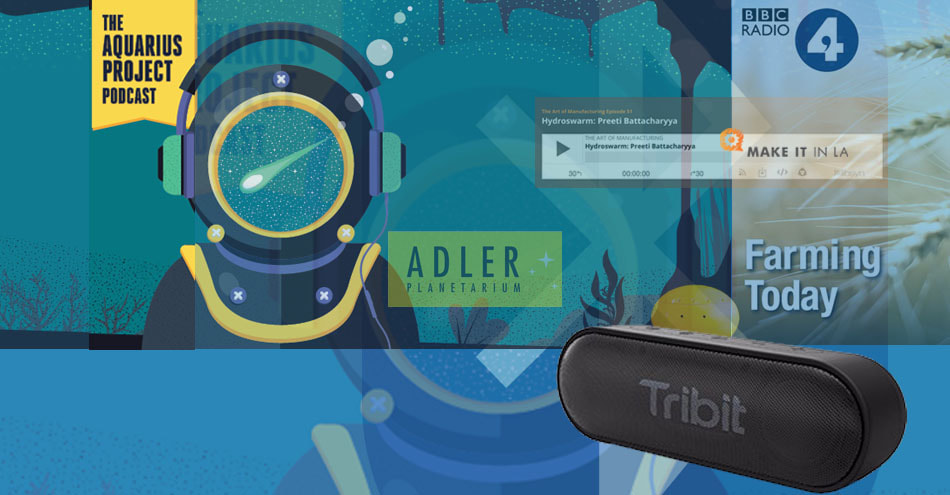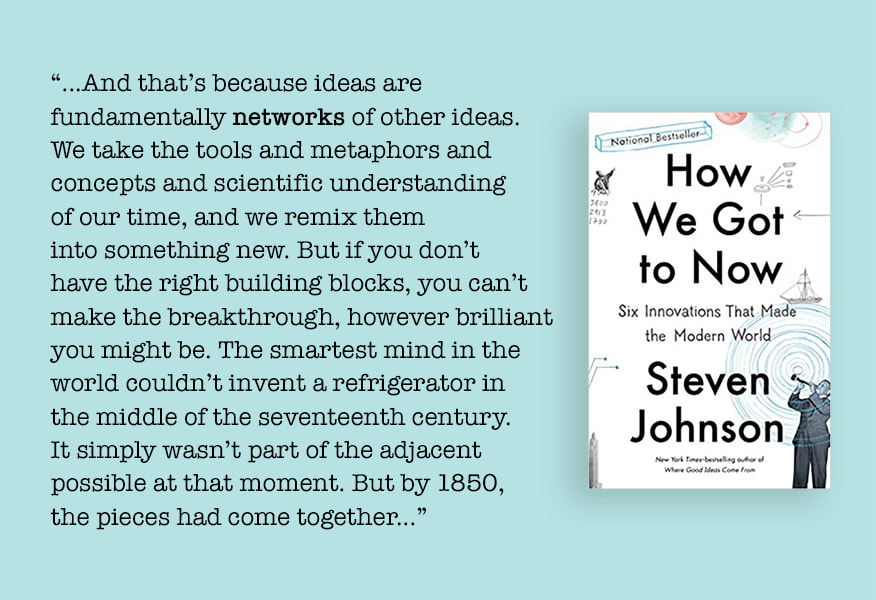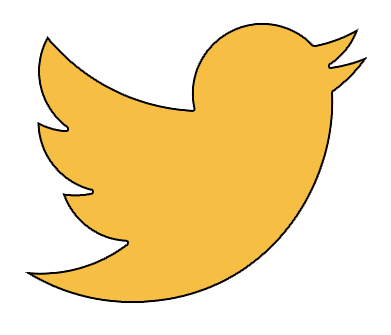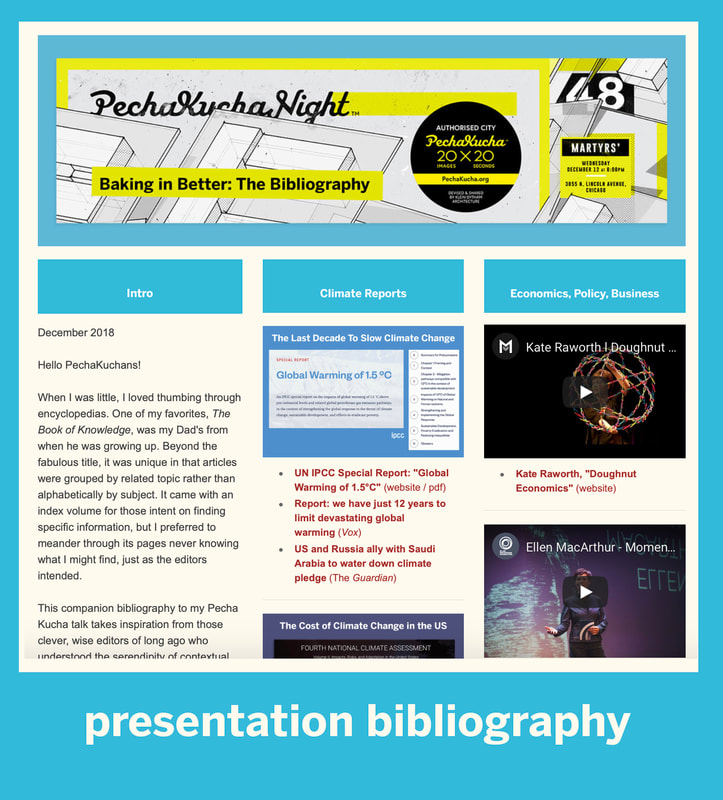Who would have thought that an inexpensive wireless speaker could have such a profound impact on how I take in information, but a small, portable Tribit has turned me into a voracious listener of podcasts. In a blink, wireless speakers have blossomed into a multi-billion dollar market, full of brands that were off the radar—if they existed at all—a couple of years ago. Online retailers dream of audio e-tailing riches ("Alexa! Order me this, that and some more, too!"), but right now the killer app is listening to music and, increasingly, to podcasts.
No one really knows exactly how many podcasts there are, only that there are an awful lot, with more uploaded every single second. Following in the digital footsteps of blogs and videos, they are taking over the internet at kudzu speed.
While videos can be published on multiple platforms (mostly YouTube and Vimeo) and blogs can be shared as links and embeds across dozens of sites and aggregators, podcast distribution is in a class of its own.
For example, Rachel Maddow's riveting series Bag Man, a deliciously detailed dissection of former Vice President Spiro Agnew's fall from political grace, is available via iTunes, Stitcher, Google Play, TuneIn, Art19, Spotify and the MSNBC website. Collectively the seven-part podcast has been downloaded more than ten million times. If Bag Man had been packaged as a book that had sold a mere ten thousand copies in a week, it would have zoomed to the top of the New York Times bestseller list.
Reading is great, but tell me a story...
••••••••••••
There are also networks such as Vox offering suites of podcasts that in turn are uploaded to multiple platforms. From a listener's perspective, everything is everywhere.
And everything can be a podcast. Radio shows are now routinely repackaged as podcasts, while long forgotten archives are mined for audio treasure (see Bughouse Square with Eve Eweing | Studs Terkel). Newspapers, magazines, television shows and movies spawn podcasts, too, as do businesses, museums, conferences, trade shows, high schools and political campaigns. Even videos can do double duty as podcasts if the visuals aren't essential. Since anyone with a smartphone can record audio, upload it to the web and call it a podcast, it seems like everyone does.
Which makes finding the good stuff really, really hard. The content pie is expanding at an exponential rate, so even if the vast number of mediocre and outright terrible podcasts were cut, that would still leave far more good stuff than could possibly be listened to in a lifetime, even multi-tasking.
But you have to start somewhere, so here are a few off-the-beaten-track podcasts I've recently come across:
Enjoy!
No one really knows exactly how many podcasts there are, only that there are an awful lot, with more uploaded every single second. Following in the digital footsteps of blogs and videos, they are taking over the internet at kudzu speed.
While videos can be published on multiple platforms (mostly YouTube and Vimeo) and blogs can be shared as links and embeds across dozens of sites and aggregators, podcast distribution is in a class of its own.
For example, Rachel Maddow's riveting series Bag Man, a deliciously detailed dissection of former Vice President Spiro Agnew's fall from political grace, is available via iTunes, Stitcher, Google Play, TuneIn, Art19, Spotify and the MSNBC website. Collectively the seven-part podcast has been downloaded more than ten million times. If Bag Man had been packaged as a book that had sold a mere ten thousand copies in a week, it would have zoomed to the top of the New York Times bestseller list.
Reading is great, but tell me a story...
••••••••••••
There are also networks such as Vox offering suites of podcasts that in turn are uploaded to multiple platforms. From a listener's perspective, everything is everywhere.
And everything can be a podcast. Radio shows are now routinely repackaged as podcasts, while long forgotten archives are mined for audio treasure (see Bughouse Square with Eve Eweing | Studs Terkel). Newspapers, magazines, television shows and movies spawn podcasts, too, as do businesses, museums, conferences, trade shows, high schools and political campaigns. Even videos can do double duty as podcasts if the visuals aren't essential. Since anyone with a smartphone can record audio, upload it to the web and call it a podcast, it seems like everyone does.
Which makes finding the good stuff really, really hard. The content pie is expanding at an exponential rate, so even if the vast number of mediocre and outright terrible podcasts were cut, that would still leave far more good stuff than could possibly be listened to in a lifetime, even multi-tasking.
But you have to start somewhere, so here are a few off-the-beaten-track podcasts I've recently come across:
- The Aquarius Project is a charmer. Produced by the Adler Planetarium, it tells the tale of an intrepid group of high school students determined to find and retrieve meteorites 200 feet beneath the surface of Lake Michigan. In 2017 a meteor streaked across the Midwestern skies and broke into pieces over the water in a display of cosmic rock-skipping at its finest. So far there are three episodes, but the story isn't over...
- The Art of Manufacturing: Interview with Preeti Battacharyya, founder of Hydroswarm. With over 50 podcasts in the series,The Art of Manufacturing hosted by "Z" Holly for the Make It In LA website is geek binge-listening heaven. Preeti Battacharyya, a young engineer/entrepreneur from India, talks about her company, which grew out of her research on autonomous marine drones at MIT. Applications range from exploration to espionage. Personally, I'd love to see a swarm of little egg-shaped yellow aqua-drones help the Aquarius team hunt for space rocks.
- Farming Today (BBC Radio); I came across this one on Pocket Casts, a mobile podcast platform. I have no idea whether it is a better platform than others (there are so many), but it provides easy access to the BBC's vast collection of deliciously eccentric programming. I am a born-and-raised city slicker, but have covered a lot of Ag stories over the years, so Farming Today quickly won my heart. From Brexit to hedgehogs, it provides insight into the practicalities of farming and the food economy that never seem to make it into the news here. The Christmas show included farmers reciting seasonal poems. Yes, please, more of that.
Enjoy!















